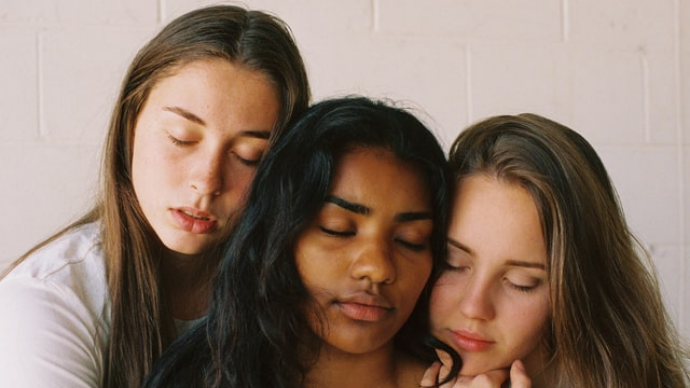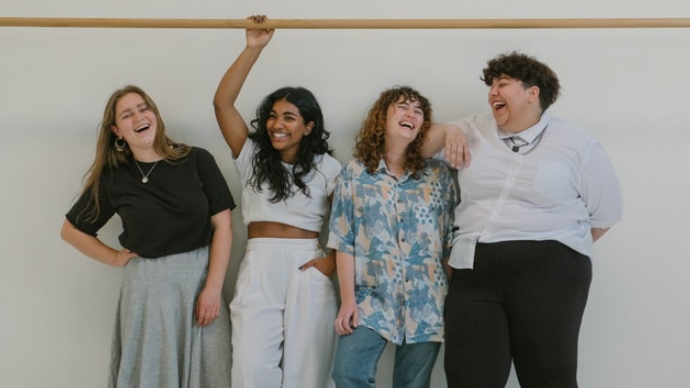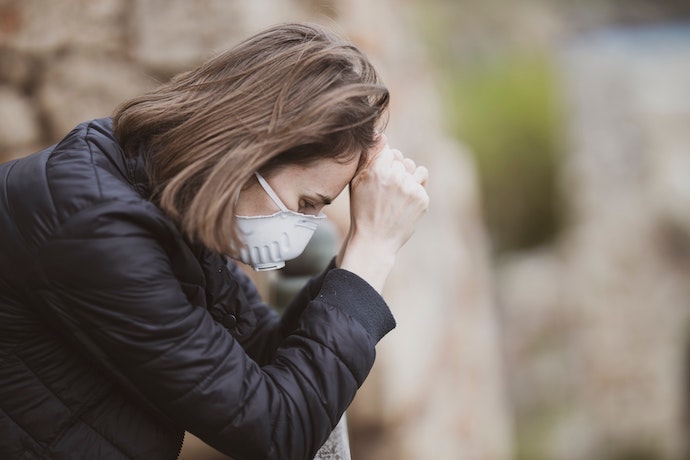Do you struggle with body comparison, your body image? What if you could live your best life in whatever body you have?
I’m reading Brene Brown’s new book Atlas of the Heart and was struck by her research on comparison. Brown says that humans are hardwired to default to comparison and that it seems to happen to us rather than be our choice.
She shared a story about her love for swimming and how she used to shift her attention to the person in the next lane which had the potential to ruin her swim. She compared herself to a twentysomething triathlete. (We’ll return to her story below.)
“If we don’t want this constant automatic ranking to negatively shape our lives, our relationships, and our future, we need to stay aware enough to know when it’s happening and what emotions it’s driving” says Brown.
Brown says that the goal is to raise our awareness about how and why comparison happens so we can name them, think about them, and make choices that reflect our values and our heart.
Here’s Brown’s definition of comparison:
Comparison is the crush of conformity from one side and competition from the other – it’s trying to simultaneously fit and stand out. Comparison says, be like everyone else, but better.
Comparison drives big feelings that affect our relationships, self-worth and feelings of well-being.
The good news, she says, is that you get to choose how you’re going to let it affect you. Instead, you can be yourself and respect others for being authentic.
3 Steps to Banish Body Comparison
1. Embrace imperfection.
How did we get to this place where we compare ourselves against perfection? Well, we live in a perfectionist body culture that portrays an “ideal” body type as only looking one way: thin, young and pretty (or muscular, young and handsome). Less than 5% of people naturally possess this body type and of course bodies change as we live, nobody is getting younger and at some point (if ever) we will no longer fit ideal beauty standards.
2. Focus on the positive.
Focus on something you do like about yourself to prevent your mind from automatically hyper focusing on what you don’t (*what I like to call “going down the rabbit hole of sht). For example, if you’ve been hard on your body weight, focus on a feature that you do like. I personally choose to focus on my green eyes.
Be positive. What you focus on expands.
3. See your whole self.
We tend to see ourselves as a bunch of body parts that are judged and scrutinized. We think that others are focusing on and judging the body parts that we don’t like about ourselves but they aren’t (and if they do it’s often because they have their own body insecurities). So, let’s send them kindness and compassion.
Remember, that when you compare yourself to somebody that you feel “looks perfect” that you don’t know how this person feels about themselves on the inside. Body image isn’t about appearance. It’s about how we think and feel about our bodies.
Practice seeing yourself as a whole person, not a sum of body parts. This includes seeing yourself beyond your physical body because you are more than a body.
Let’s show ourselves kindness and self-compassion.
You can retrain your brain to shift away from comparison with awareness and make new choices. And research shows that it works!
So let’s return to Brown’s swimming story. Her new strategy is “to look at the person in the lane next to me, and say to myself, as if I’m talking to them, ‘Have a great swim.’ That way I acknowledge the inevitable and make conscious decision to wish them well and return to my swim. So far, it’s working pretty well,” she says.

Instead of comparing bodies, look for the joy
The more we know, the more we can choose connection over comparison.
– Brene Brown, Atlas of the Heart
How does comparison shows up in your life? Shoot me an email and let me know or share a comment or question! I’d love to hear from you. ♡ T
P.S. Looking for body image support? Send me an email to get on the waitlist for my next Be Body Positive Group Coaching class. Get the details here.





